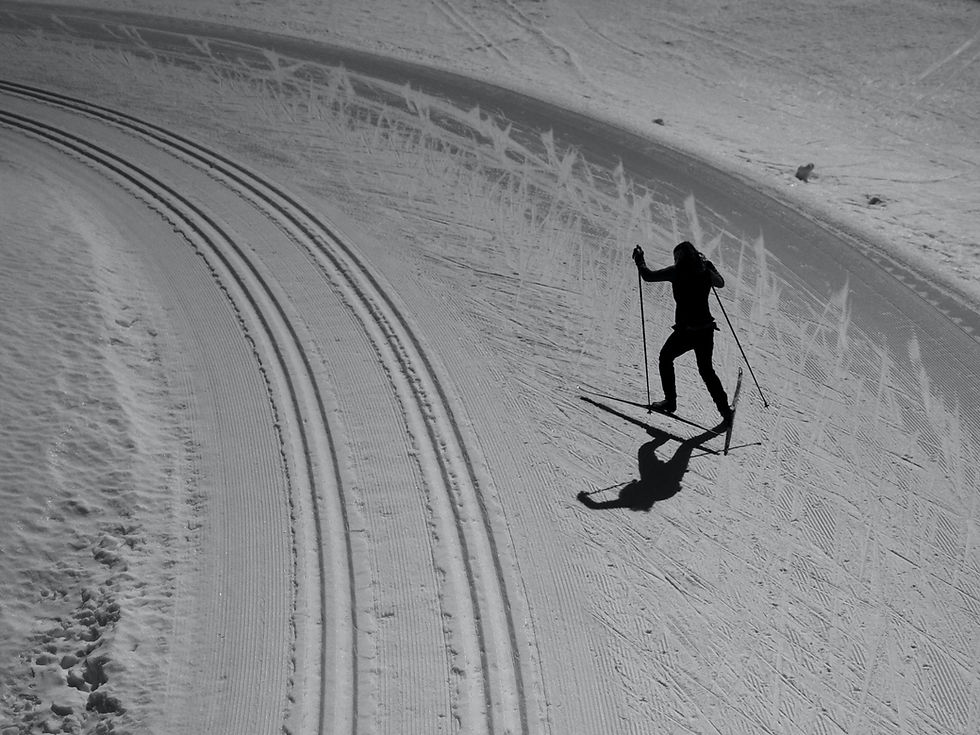(Series: Coaching: Creating a Practice Environment Where Athletes Will Thrive)

Image: Shuttlerstock, Wix
It has been over thirty years since the publication of Ericsson’s formative research on expert performers. In his research group’s work, they were looking to identify the contribution of deliberate practice to a person’s achievement of expertise. One of the consistent findings across domains was that it took about ten years for people to become expert performers—chess grandmasters, musicians, and composers. Mozart, infamously known as a child prodigy, composed music at eleven years old; however, he was twenty-three before he wrote any of his masterpieces. It was estimated that expert performers accumulate 10,000 hours of deliberate practice over around ten years in order to become world-class.

In his 2008 book Outliers, Malcolm Gladwell popularized this 10,000-hour rule or ten-year principle. Gladwell highlights the critical importance of practice and hard work over a long time to become “a world-class expert.” However, he also stresses that timing, selection and opportunity contribute to the access and accumulation of this practice piece. For example, more professional hockey players are born in the first three months of the year. Their advantage is that at a young age (~12 years old), they are bigger and faster than other players, only a few months younger, and are therefore selected for teams which provide them more practice opportunities.
So, what can we learn and apply to youth sports from the pathways of professional hockey players, chess grandmasters and concert musicians? Practice is essential, and the accumulation of practice results in improvement. That is obvious. However, critical to the accumulation of practice are the interactions in the environment that present opportunities or selections that present and encourage more practice. Sport New Zealand has created The Principles of Balance is Better for youth sport. “It is about young people staying involved in sport for life and realising their potential at the right time.” Leadership is central to their principles and the delivery of quality programs that are inclusive, offering participation and skill development for all. (see the link to the Sport NZ principles at the end.)


Ten thousand hours is a lot! But how might our sports community look different if we could support all participants in accumulating half of that or 5,000 hours of practice? I propose that our athletes would be more competent, skilled and fit. They would be healthier—physically and mentally. We would have more inclusive, healthier, active communities with lifelong participation. Sport New Zealand is a leader in identifying the essential elements that could guide our sports programs to the 5000-hour threshold and sustain participation. If participants reach 5000 hours, they must be having fun!
End.
Questions:
What can I do that will support youth sport participation?
If sport dropout was reduced, how different would our sports communities look?
More Reading:
The Role of Deliberate Practice in the Acquisition of Expert Performance
K. Anders Ericsson (Link to Article Here)
Malcolm Gladwell, Outliers, Chapter 2: The 10,000h Rule (Link to chapter Here)
Sport New Zealand (Aotearoa)
- Balance is Better Principles HERE
The First Lap Coaching:
I provide Coach Education and Program Design presentations and consultations to sports clubs and associations. I would be excited to discuss how we can enhance the joy and engagement of athletes in your organization. You can contact me at kevin@canadianwintersports.com.
All the best,
Kevin

Kommentare